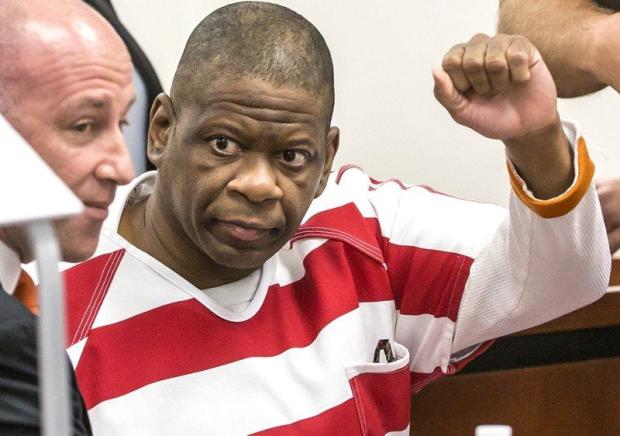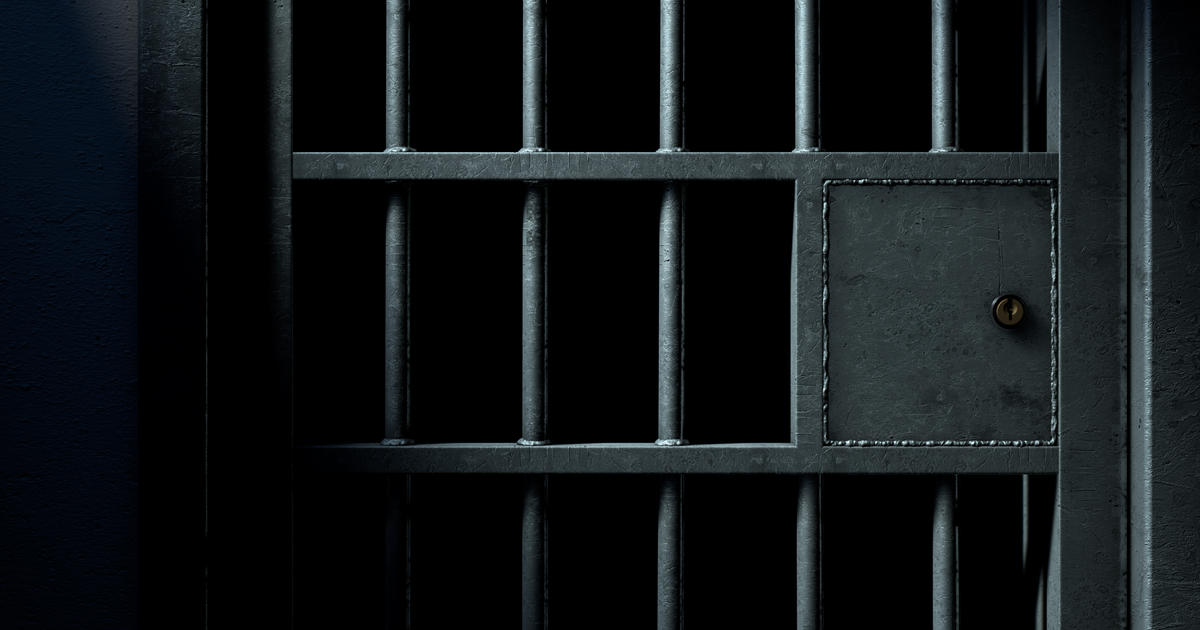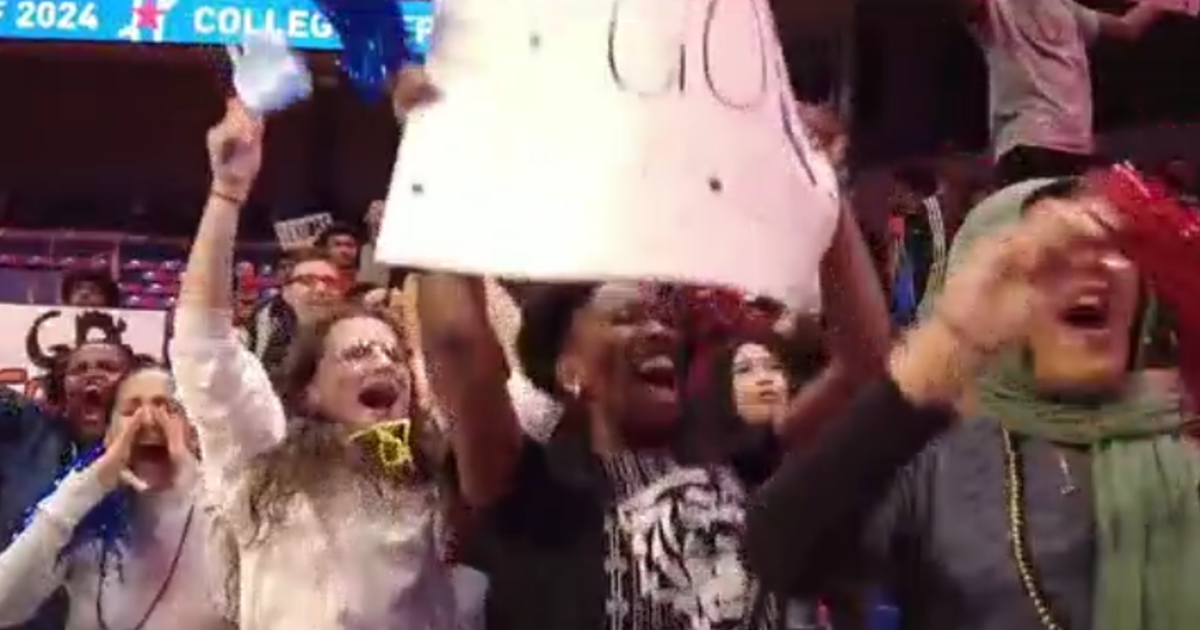SCOTUS to hear case of Texas death row inmate Rodney Reed
HUNTSVILLE, Texas (CBSDFW.COM/CNN) - On April 25 the Supreme Court agreed to hear an appeal from Texas death row inmate Rodney Reed, who is seeking post-conviction DNA testing of evidence at the crime scene.
Reed was sentenced to death more than 20 years ago for the murder of 19-year-old Stacey Lee Stites. Prosecutors allege Reed raped and strangled Stites as she made her way to work at a supermarket in Bastrop, a rural community about 30 miles southeast of Austin.
In the case at hand, he seeks to challenge the constitutionality of a state post-conviction DNA statute so that a belt at the scene could be tested. Lower courts said his request is barred because he waited too long to bring the claim.
"The basic question is a technical one about when the clock starts running for federal lawsuits by prisoners who seek DNA testing of newly discovered evidence that might exonerate them," said Steve Vladeck, professor at the University of Texas School of Law. "But the implications could be much broader, especially for prisoners in Texas, Louisiana and Mississippi, where the current law makes it exceedingly difficult to bring such claims."
Reed's case has united lawmakers, religious leaders, and celebrities such as Kim Kardashian West and Rihanna in his defense.
The Texas law allows a convicted person to obtain post-conviction DNA testing of biological material if the court finds that certain conditions are met. Reed was denied. He came to the Supreme Court in 2018 and was denied again. Now he is challenging the constitutionality of the Texas law.
But a federal appeals court has held that he waited too long to bring the claim: "An injury accrues when a plaintiff first becomes aware, or should have become aware that his right had been violated." The court noted that he became aware of that in 2014 and that his current claim is "time barred."
The Supreme Court had previously declined to take up an appeal from Reed in 2020. At the time, Justice Sonia Sotomayor, in a statement, noted that he has "presented a substantial body of evidence" that she said "if true" casts doubt on the "veracity of scientific validity of the evidence."





